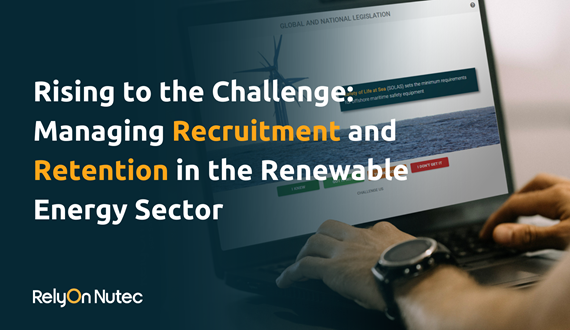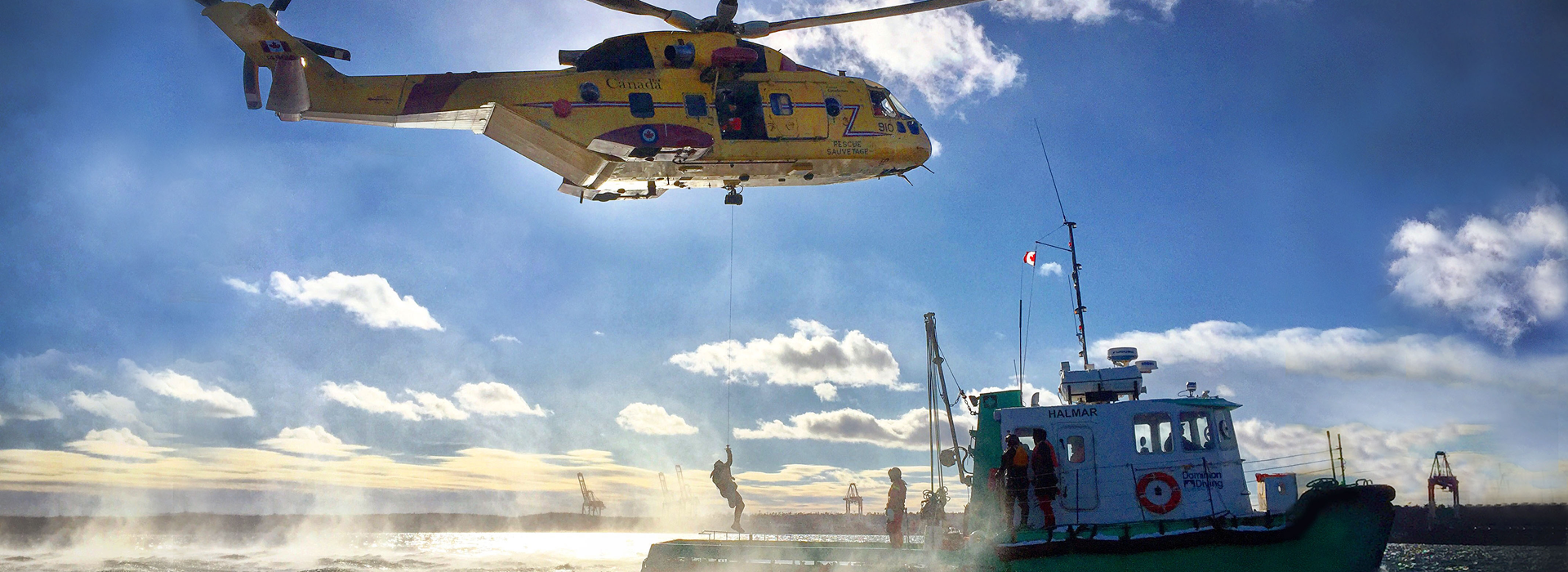Ok
Culminating in the deaths of 167 individuals, the world’s biggest offshore oil and gas tragedy instigated a commitment to safety, training and competence which would change the future of the energy industry and make it one of the most highly regulated and safety conscious sectors globally.
Today, every individual who sets foot offshore in the North Sea has to have attained a basic level of safety and emergency training. The aim of the training is to equip each person with the skills required to give them the best chance of survival should they face an emergency situation in one of the remote locations that is so typical of the sector.
But it’s not quite a ‘one size fits all’ scenario. There are a vast number of courses available, each entitled with a confusing acronym and all available in a number of different combinations. So we’re here to try to clear the water for you and make sure that you choose the right courses to get the certification you need. Our infographic clearly explains what you need and what you may like to get.
Next read
-

-

-
 Article 14. June 2024
Article 14. June 2024 -

Ensuring Safety and Efficiency: IRATA Rope Access Training for a Safer Work Environment
In industries such as oil & gas and renewables, where accessing challenging locations is common, rope access methods provide a safe and efficient solution. These methods offer technicians a secure means of navigating heights and restricted areas while minimizing environmental impact. However, proficiency in rope access requires proper training and a globally accepted safety education.
Article 4. June 2024 -

Polaris Sells RelyOn Nutec to Mubadala Capital
The acquisition, part of Mubadala Capital’s flagship Private Equity Fund IV, strengthens the asset manager’s footprint in the business services sector.
Article 24. May 2024 -

RelyOn Nutec Acquires Electrical Training and Consultancy Specialist Quercus Technical Services, Fast-tracking European Electrical Capability Build
Effective May 21st, RelyOn Nutec has acquired Quercus Technical Services BV, one of the largest specialist electrical safety and skills training organizations in the Netherlands. The acquisition of Quercus bolsters RelyOn Nutec’s position in the electrical training market and accelerates its European roll out.
Article 22. May 2024 -

-
 Article 2. May 2024
Article 2. May 2024
